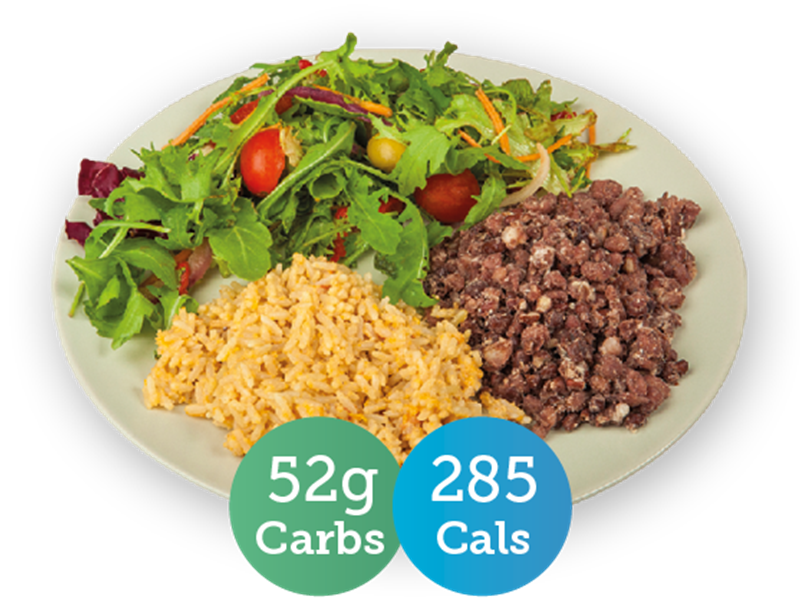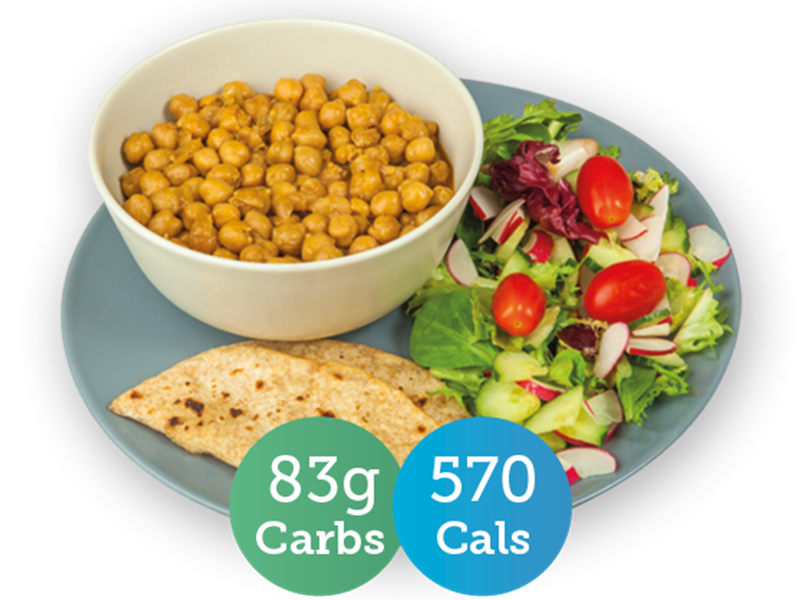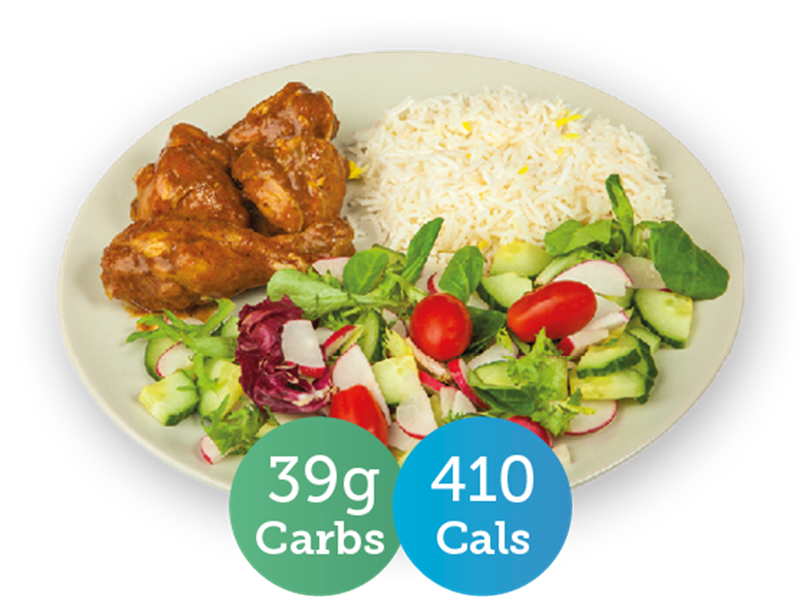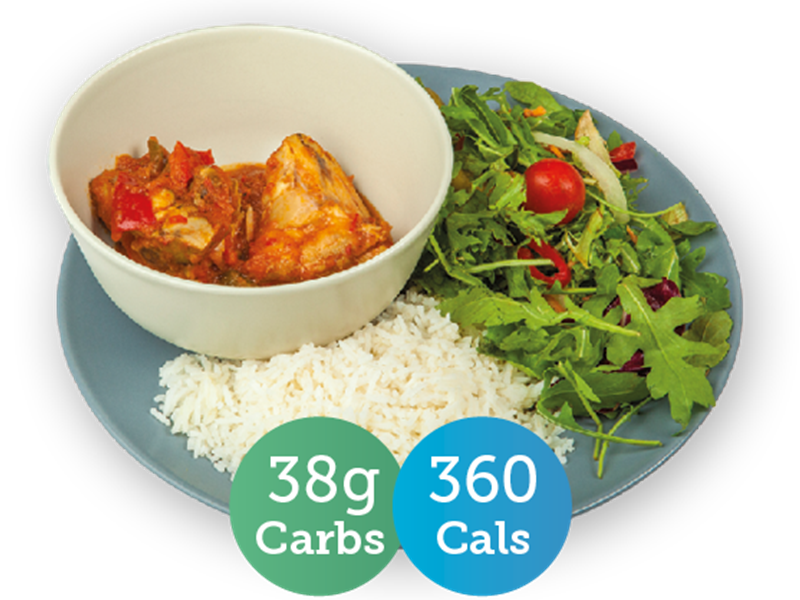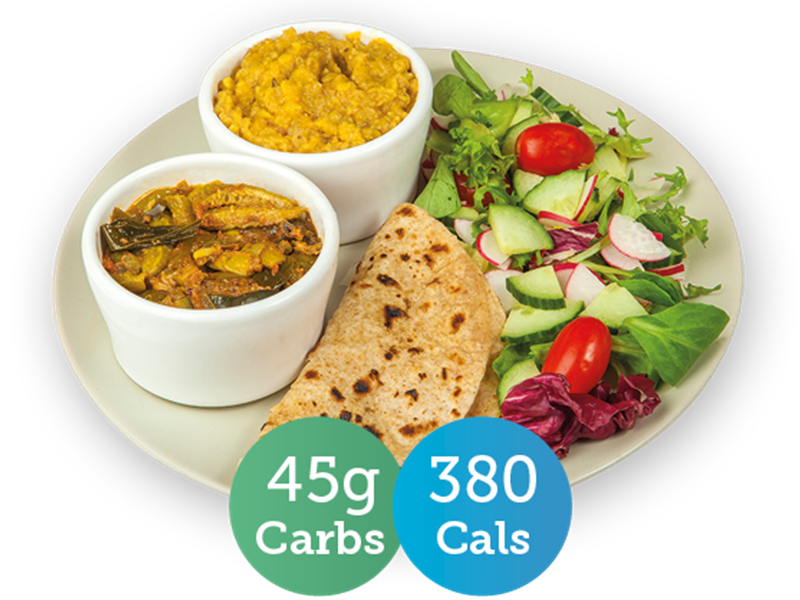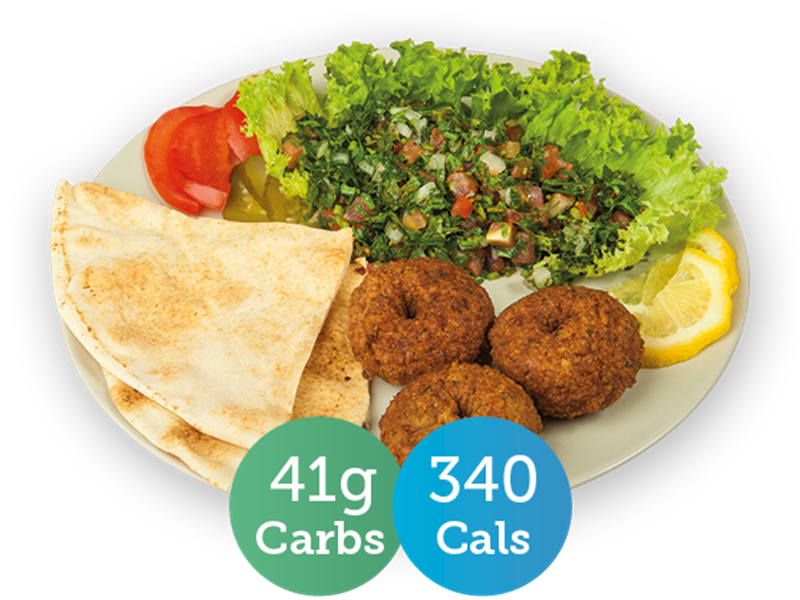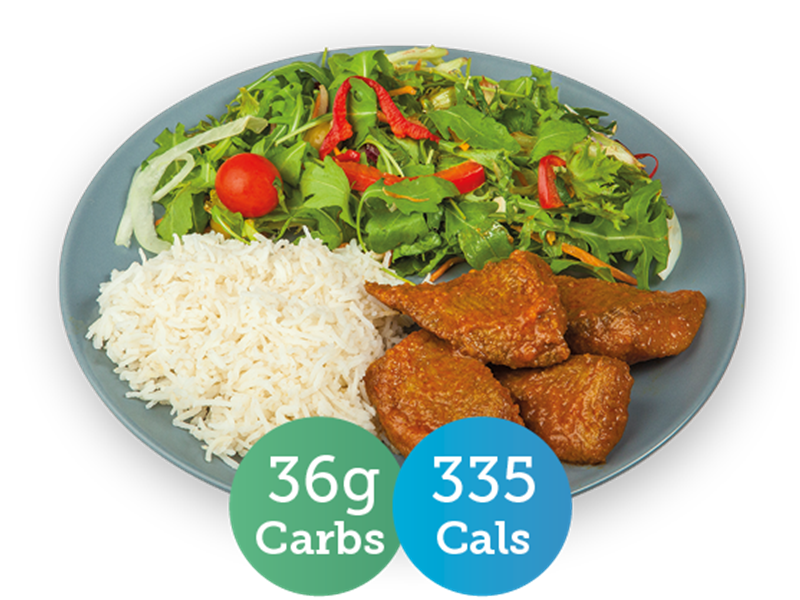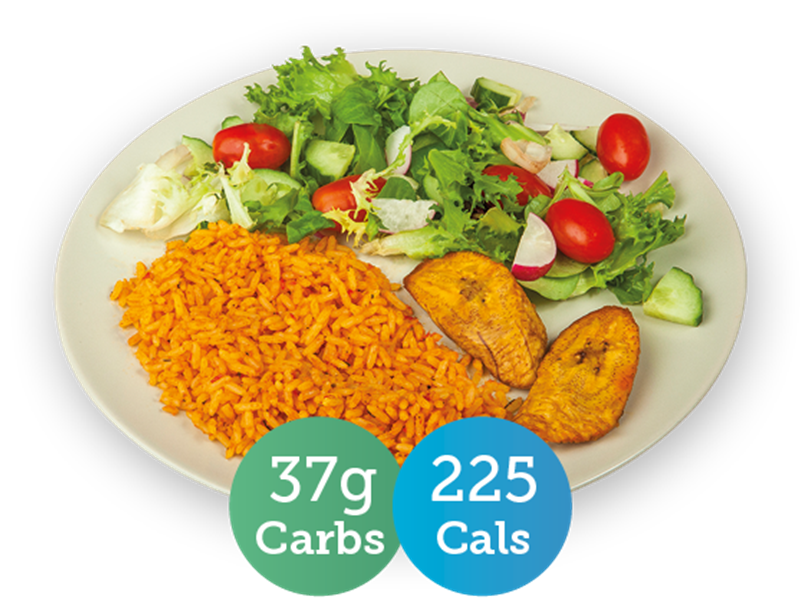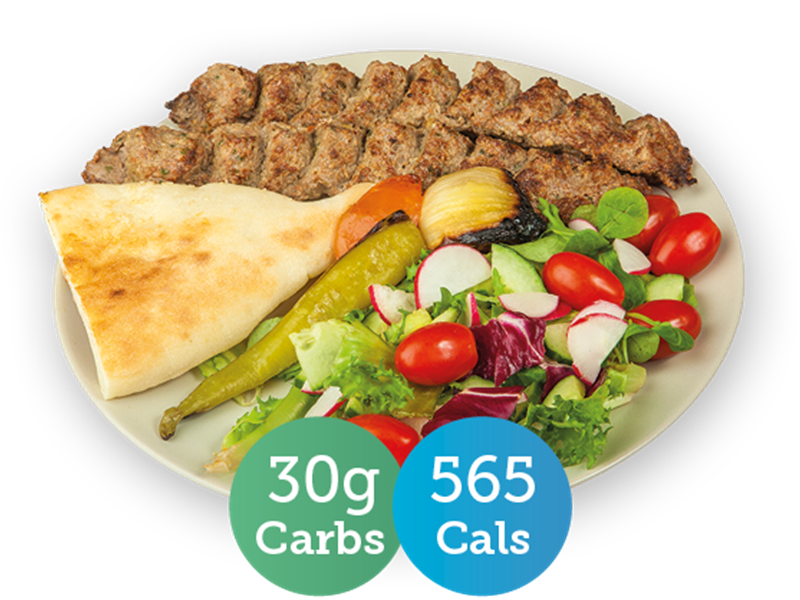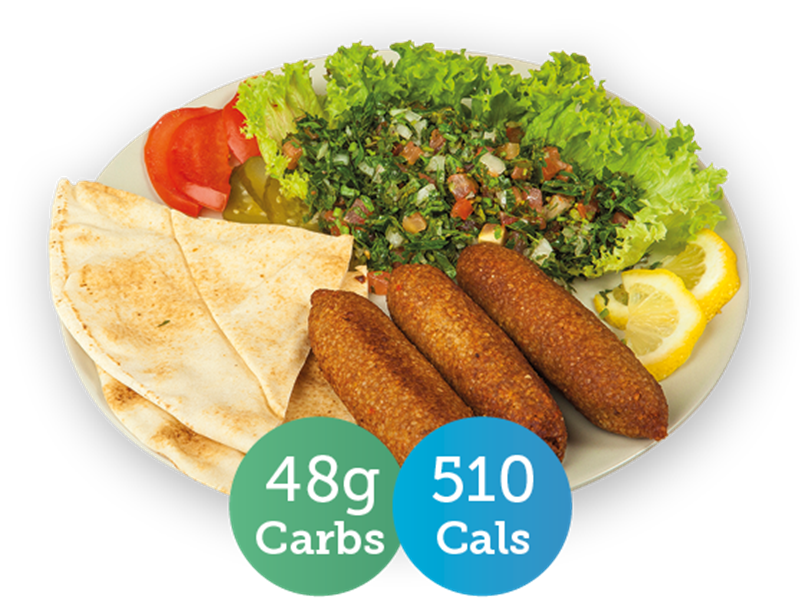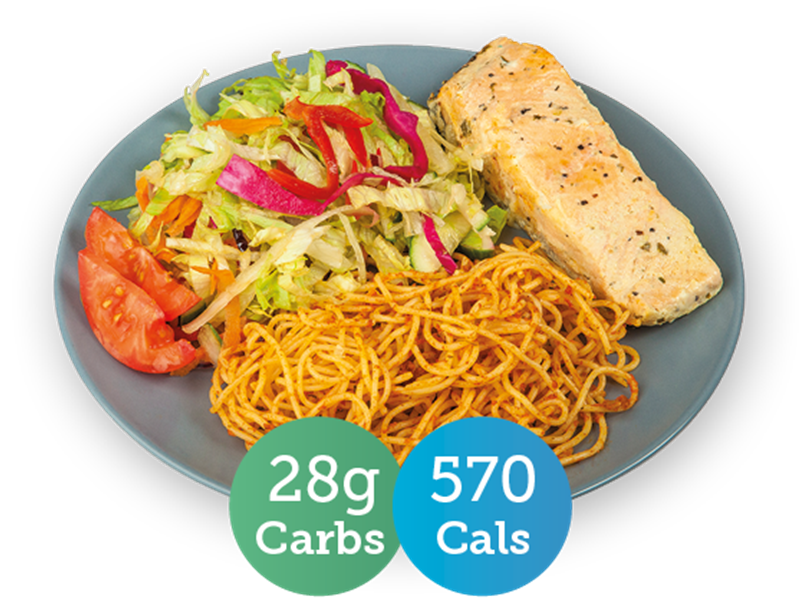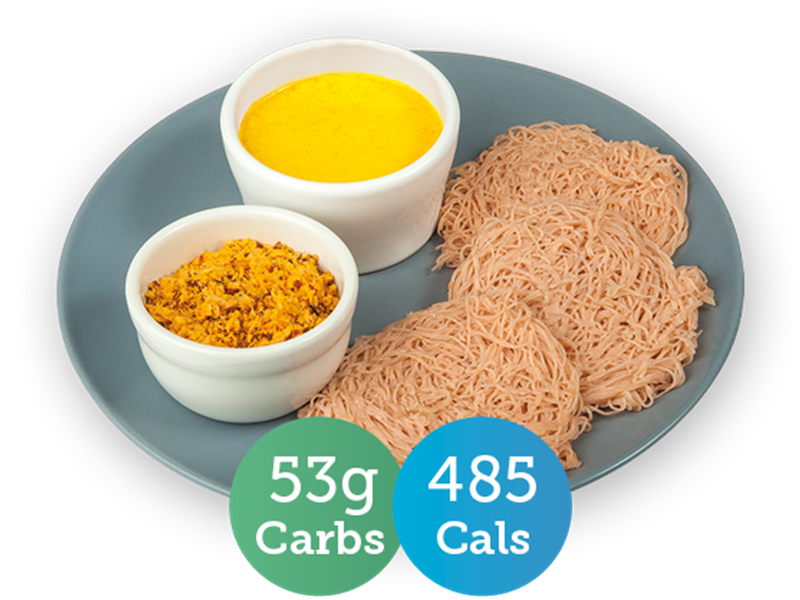Ramadan
Ramadan is the Holy Month for Muslims, a time of worship, self-discipline, austerity and charity. Fasting during the month of Ramadan is one of the five pillars of Islam and is obligatory for all Muslims. It takes place in the ninth month of the Islamic calendar, and this year it begins on around April 12th 2021, depending on the sighting of the moon, and lasts for approximately one month. During Ramadan Muslims fast during the daylight hours all month, abstaining from all food and drink and other practices such as smoking.
What it means
Ramadan is a spiritual time in the Islamic tradition around the world. It’s a time to purify the soul, refocus attention on what’s important, and practice self-discipline. Muslims use this time to reflect on their lives and how they can cultivate healthy habits throughout the rest of the year, and do away with any bad habits.


Fasting during Ramadan has a number of physical effects on our body. In people with diabetes, these changes and the type of medication being taken to treat the condition can contribute to complications such as hypoglycaemia (low blood glucose) and hyperglycaemia (high blood glucose).
The Qur’an allows you not to fast if you have an illness or medical condition. You could consider donating some money to charity as an alternative means of participating in Ramadan. But if you really want to fast, make sure you can do it safely.
If you are in any doubt about how you should manage your diabetes while you fast, you should talk to your diabetes care team. There may be circumstances when you will be advised not to fast for health reasons.
Diabetes and Ramadan
If you are planning on fasting and have diabetes, it is important to speak to your diabetes healthcare team as early as possible before Ramadan. For some people with diabetes, fasting can be dangerous or can cause problems for your health. Your diabetes team will be able to advise you on whether it is safe for you to fast. If you are able to fast, please follow the advice below on how to keep good diabetes control throughout the fasting period.
For people with diabetes, there are several potential risks associated with prolonged fasting including:
- Hypoglycaemia, especially during the late period of fasting before Iftar
- Severe hyperglycaemia after each of the main meals
- Dehydration, especially in countries with longer fasting hours and hot climates
- Significant weight gains due to increased calorie intake and reduced physical activity
- Electrolyte imbalance (minerals in the body that are involved in essential processes)
- Sudden kidney failure in patients that are prone to dehydration such as the elderly or those with reduced kidney function
For further advice have a look at Diabetes UK guidance on diabetes & fasting.
During Ramadan, there is a dramatic change in dietary patterns for fasting Muslims compared with other months of the year. Health issues may arise due to improper eating habits and reduced physical activity. Unhealthy nutrition habits that commonly develop during Ramadan include:
- Eating particularly large meals at Iftar (consuming more than 1500 calories per meal), which may result in high blood glucose levels after eating and weight gain
- Eating significant amounts of highly processed carbohydrates (bagels, panini) and sugar at Iftar, or between Iftar and Suhoor, which may also cause severe hyperglycaemia
- Eating desserts loaded with sugar after Iftar, which can lead to raised blood glucose levels after meals
- Having large and frequent snacks between the two main meals, which can contribute to longer periods of high glucose levels
- Eating at a fast speed, which frequently leads to over-eating
- Eating Suhoor early, which may result in hypoglycaemia before Iftar, especially when fasting hours are longer than usual
- Consumption of large portions of high glycaemic index (GI) carbohydrates at Suhoor, which can lead to high blood glucose levels after meals
- Frying food, which is particularly unhealthy, especially when using trans-fat margarine or oils rich in saturated fat (e.g. palm oil and coconut oil)
- Changes in physical activity and sleeping patterns can affect metabolism and may contribute to weight gain
Weight gain during Ramadan should be avoided. People with diabetes who are overweight or obese may find that Ramadan provides a good opportunity to lose weight. Weight loss may result in better blood glucose control and may reduce the risk of you developing problems with your heart or blood vessels.
It is recommended that the diet of a person with diabetes during Ramadan should be similar to that followed for the rest of the year. However, during Ramadan, there can be an extra amount of calories eaten. Iftar meals can often turn into a celebration, with huge volumes of fried food and carbohydrates.
Below we have set out some guidance to help you manage your diabetes during Ramadan, depending on what treatment you currently follow:
If you manage your diabetes with diet and exercise
If you manage your diabetes with diet and exercise and don’t take any medication, as long as you continue to be careful with your diet, you can fast safely during Ramadan. If you are overweight, you may lose weight during Ramadan, which will help you improve the way you control your blood glucose levels.
You may feel tired when fasting during Ramadan, so although it is important that you continue your daily activity and prayer, try to rest at some point in the day.
- Divide your daily food into two meals, Sehri and Iftar
- Eat more fibre rich foods which are digested slowly; include bran, cereals, whole wheat, grains and seeds, potatoes with skin, vegetables such as green beans, aubergines and almost all fruits.
- Limit your carbohydrate intake and eat more wholegrain carbohydrates foods such as wholegrain bread with seeds, porridge, jareesh and semolina for Suhoor.
- Foods to avoid at Iftar are deep-fried foods, foods that contain refined carbohydrates such as white bread, pastries, biscuits and baklavas.
- Avoid fatty foods such as processed meats, burgers, fried chicken and chips.
- Limit sugary foods at Iftar. Only eat small amounts of foods like Baklava or Khunafa cakes. Have a variety of fruits such as berries and strawberries with natural yoghurts.
- Avoid the usage of deep fat fryers during Ramadan. When using oil for cooking, try to measure oil and avoid deep frying. Reheated oil becomes saturated fats which are bad for your heart.
- Reduce intake of salt and salted food, such as dressing, sauces, salted nuts and crisps. Dehydration is a risk due to limited fluid intake during the day, and high salt foods can further increase this risk.
- Try to include yoghurts or milk-based foods at both Suhoor and Iftar to make sure you get enough calcium. Try plain yoghurts with fruits and nuts or use milk and yoghurts to make milky drinks or smoothies with natural fruits.
- Avoid having starters at Iftar especially if based around fried snacks such as samosas. If you have starters, keep them based around salads, fruits, lentils or soups as this will allow you to eat your main healthy meal of the day.
- Drink plenty of water at Suhoor and Iftar. It is recommended that you drink at least 8 cups of water between Iftar and Suhoor so that your body may adjust fluid levels in time for the next day.
- Avoid drinks that contain caffeine such as tea and coffee as these can make you lose more water by going to the toilet more. Avoid sugary drinks such as orange, apple, tropical fruit juice and fizzy drinks. Diet drinks and non-sweetened drinks such as unsweetened labaan drinks are a preferred option
You may feel tired when fasting during Ramadan, so although it is important that you continue your daily activity and prayer, try to rest at some point in the day.
- Always carry glucose treatment with you (see hypo advice for treatment advice).
- Always have diabetes identification, such as a medical bracelet.
- Test your blood regularly to monitor your glucose (sugar) levels. This will not break your fast.
- Test your blood glucose level if you feel unwell during the fast.
- If your blood sugar level is high or low, you must treat this.
- If your blood glucose is less than 4mmol/l, end the fast immediately and treat the low blood sugar level.
- If your blood glucose level is higher than 16mmol/l, end the fast immediately.
- If you become dehydrated, end the fast immediately and have a drink of water.
- If you start to feel unwell, disoriented, confused, if you collapse or faint, stop fasting and have a drink of water or other fluid.
- You should never stop your insulin, but you must speak to your doctor because you may need to change the dose and times of your insulin injections.
- We have information about Ramadan in Arabic, Bengali and Urdu. Please click each link to download.
- We also have information about diabetes in other languages on our website here.
All meal images used below are courtesy of Carbs & Cals World Foods book.
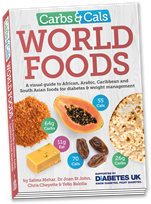
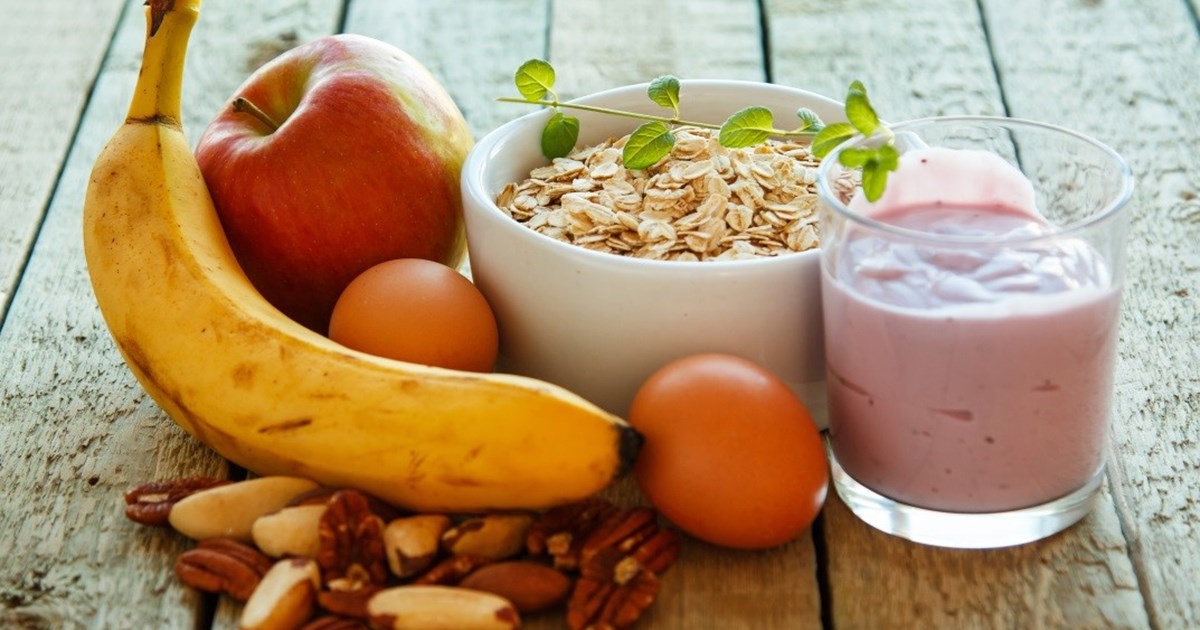
What foods should you have during Suhoor?
Suhoor needs to be wholesome to provide enough energy to last during the long hours of fasting
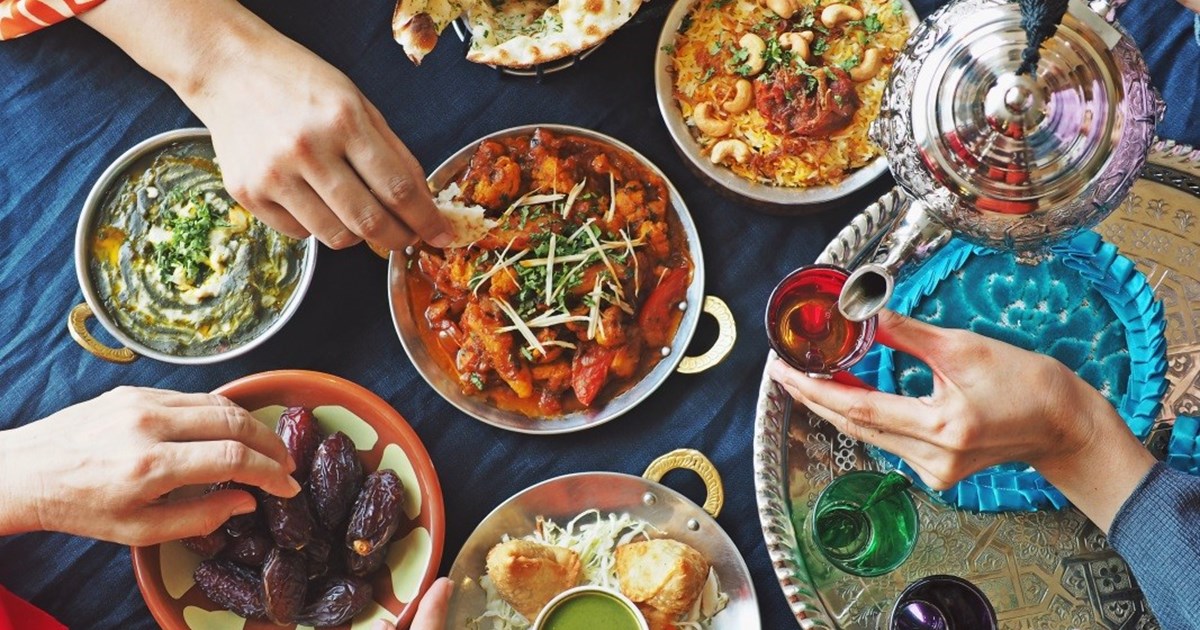
What foods should you have during Iftar?
Iftar is the time you replenish energy levels so try to consume foods from all major food groups
Healthy meal suggestions for Iftar
*Please note that the images below are to give a visual guide of the proportion of each food group to have on your plate
Diabetes and Ramadan Resources
Diabetes and Ramadan factsheet
Diabetes UK factsheet to get you ready for Ramadan
Diabetes and Ramadan toolkit
Lloyds pharmacy diabetes and fasting toolkit
Carbs & Cals World Foods book
The bestselling Carbs & Cals books show hundreds of food photos making counting carbs and calories easy. The WORLD FOODS edition is filled with 750 photos of African, Arabic, Caribbean and South Asian foods, and is the essential resource for diabetes management, carb awareness, weight loss, portion control and healthy eating.



